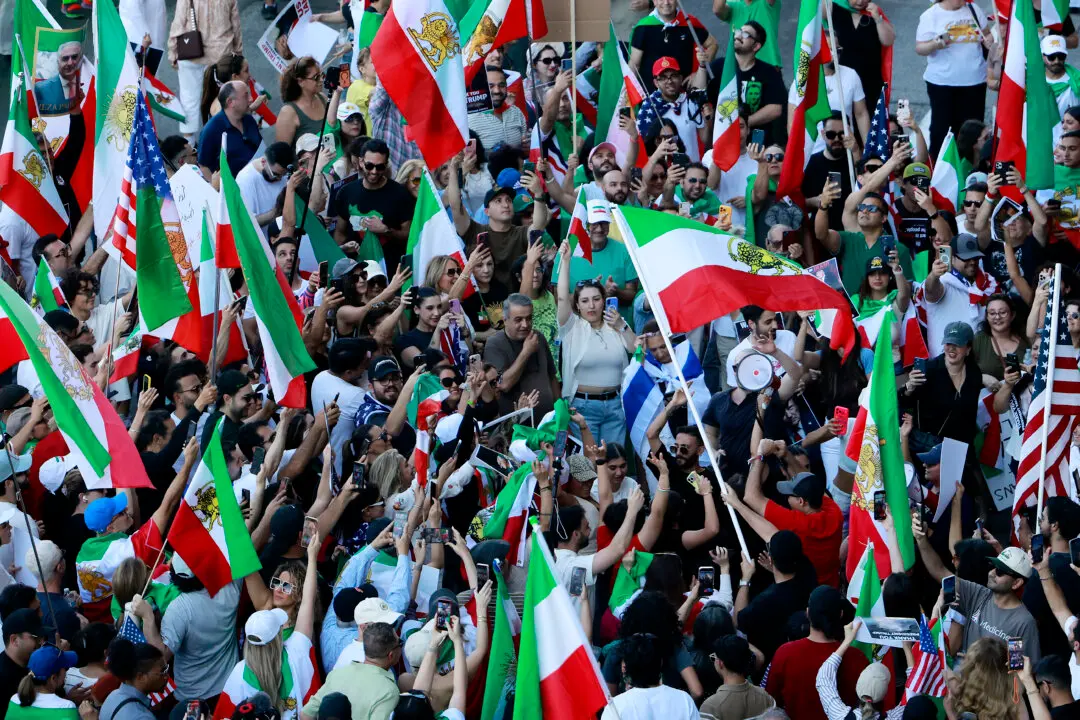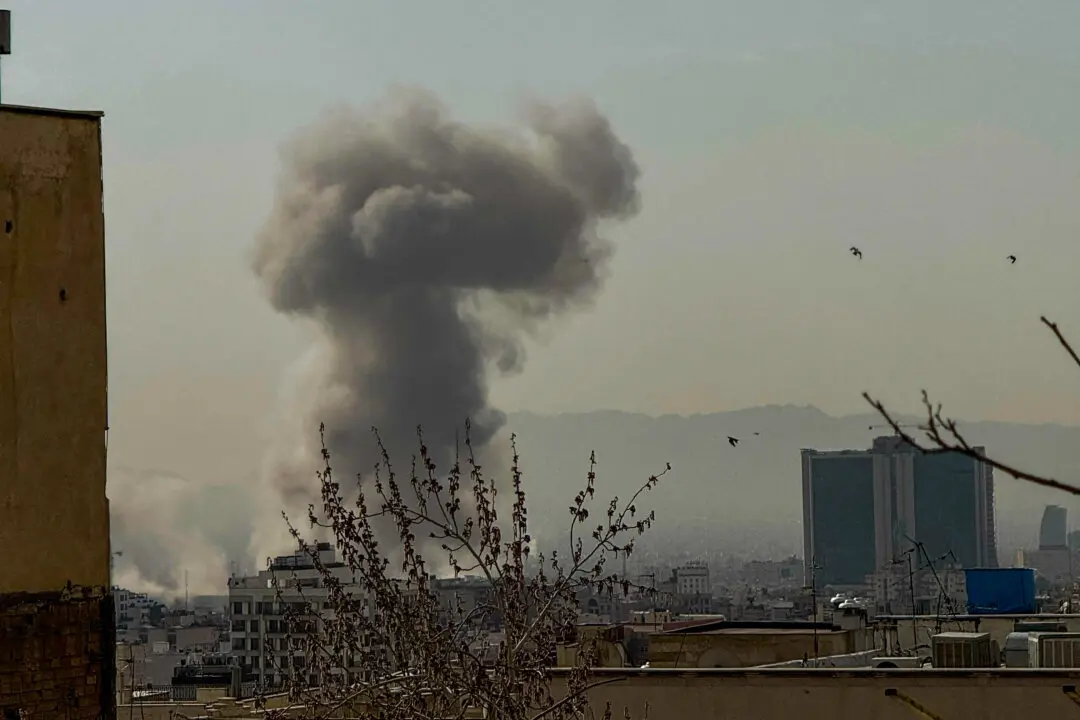The University of Alberta Students’ Union had to step in to stop inappropriate practices in the presidential election of a controversial Beijing-linked Chinese students’ group on campus, The Epoch Times has learned.
Andre Bourgeois, vice president of student life, says the student union was notified just ahead of the election at the Chinese Students and Scholars Association (CSSA) in mid-March that the group wasn’t following democratic processes.





